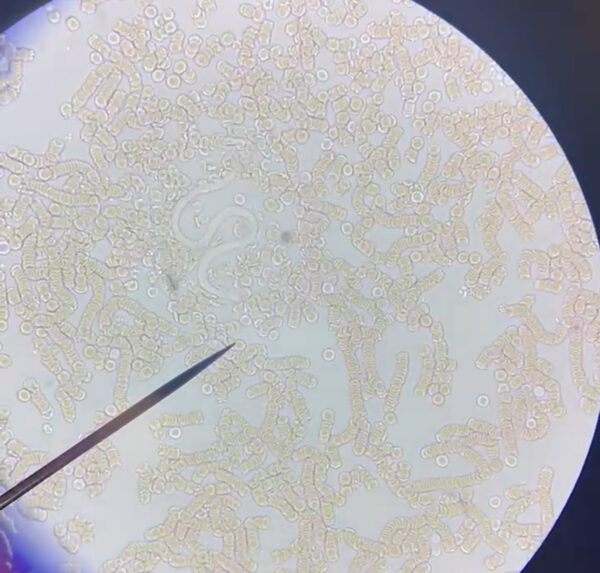
The American Heartworm Society recently updated their guidelines for diagnosis and treatment of heartworm disease. The governing body looks at recent data to make their recommendations. Some of the new guidelines may affect how much you are being charged for heartworm testing and/or if your pet ultimately tests positive for heartworm.
Below is a breakdown of the new guidelines by the AHS that take effect immediately across the entire veterinary industry.
- All pets should be on a year-round preventative. This is not a new recommendation but we feel it is a very important reminder. The latest guidelines emphasize year-round prevention regardless of geographic location. Prevention is your first and best step against heartworm related disease. It’s important to build a relationship with a primary care veterinarian to get your pet prescribed the right dosage for their age and weight. In urgent care, we can also provide you with a prescription and testing for heartworm related diseases. But long-term management is best provided by a long-term primary care veterinarian.
- All dogs must be tested for antigen and microfilariae annually. This is a change from the previous recommendations by the AHS. All dogs over 7 months of age should be tested yearly. All positive antigen tests should be confirmed through additional testing prior to the administration of any therapy. This is where you might see a higher price on your testing. Due to the seriousness of heartworm disease and the prevalence of it in dogs who come from the South and/or warmer winters where mosquitoes may be more prevalent, we are seeing more and more pets afflicted with this disease. Now, your pet may experience further testing to rule out heartworm and/or get you on the correct medication and treatment plan. Please be aware that testing is done based on the new recommendations and this be standard across all veterinary hospitals moving forward based on the AHS guidelines. That’s why a preventative is so important to keep your pet safe and save you some money on testing on the backend. It is also recommended to test for antigen and microfilariae with any change in HWP products
- Extra prevention is recommended, not just in the preventative medication given to your pets. Pet owners are encouraged to adopt a multi-modal approach to heartworm prevention. This may include minimizing exposure to mosquitoes through environmental management, using insect repellents, and implementing mosquito control measures in and around the home.
- Dogs exhibiting significant clinical signs of heartworm disease must be stabilized before administering an adulticide. This means your pet may require a more in-depth workup to ensure that the care plan is effective when your pet sees a veterinarian. This could mean more time and extra cost as a result of the new recommendation. Again, these changes are put in place due to the severity of cases we have seen in the last few years. Please consult with your veterinarian if you have any questions and/or concerns if you believe your pet is suffering from heartworm disease.
Heartworm disease remains a significant health concern for dogs, cats, and other susceptible animals. By adhering to the latest guidelines and implementing comprehensive prevention strategies, pet owners can significantly reduce the risk of heartworm infection and safeguard the well-being of their beloved companions. Remember, prevention is key when it comes to protecting against this silent but deadly threat. Stay informed, stay proactive, and together, we can keep our furry friends healthy and heartworm-free.
If you feel your pet needs to see a veterinarian, we are open 7 days a week in Braintree, Plymouth, Easton, Saugus, Dedham and East Providence, RI! Book online or view our hours before you walk-in at veturgentcare.com



